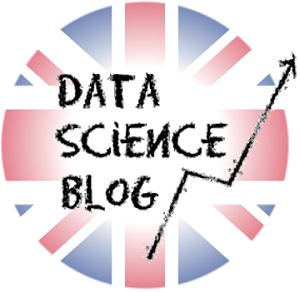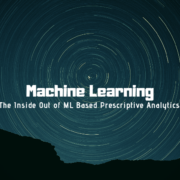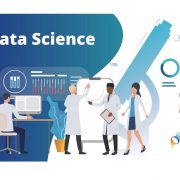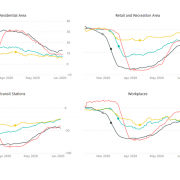What makes a good Data Scientist? Answered by leading Data Officers!
What makes a good Data Scientist? A question I got asked recently a lot by data science newbies as well as long-established CIOs and my answer ist probably not what you think:
In my opinion is a good Data Scientist somebody with, at least, a good knowledge of computer programming, statistics and the ability of understanding the customer´s business. Above all stands a strong interest in finding value in distributed data sources.
Debatable? Maybe. That’s why I forwarded this question to five other leading Data Scientists and Chief Data Officers in Germany, let’s have a look on their answers to this question and create your own idea of what a good Data Scientist might be:

Dr. Andreas Braun – Head of Global Data & Analytics @ Allianz SE
A data scientist connects thorough analytical and methodological understanding with a technical hands-on/ engineering mentality.
Data scientists bridge between analytics, tech, and business. “New methods”, such as machine learning, AI, deep learning etc. are crucial and are continuously challenged and improved. (14 February 2017)

Dr. Helmut Linde – Head of Data Science @ SAP SE
The ideal data scientist is a thought leader who creates value from analytics, starting from a vision for improved business processes and an algorithmic concept, down to the technical realization in productive software. (09 February 2017)
Klaas Bollhoefer – Chief Data Scientist @ The unbelievable Machine Company
For me a data scientist thinks ahead, thinks about and thinks in-between. He/she is a motivated, open-minded, enthusiastic and unconventional problem solver and tinkerer. Being a team player and a lone wolf are two sides of the same coin and he/she definitely hates unicorns and nerd shirts. (27 March 2017)

Wolfgang Hauner – Chief Data Officer @ Munich Re
A data scientist is, from their very nature, interested in data and its underlying relationship and has the cognitive, methodical and technical skills to find these relationships, even in unstructured data. The essential prerequisites to achieve this are curiosity, a logical mind-set and a passion for learning, as well as an affinity for team interaction in the work place. (08 February 2017)
Dr. Florian Neukart – Principal Data Scientist @ Volkswagen Group of America
In my opinion, the most important trait seems to be driven by an irresistible urge to understand fundamental relations and things, whereby I summarize both an atom and a complex machine among “things”. People with this trait are usually persistent, can solve a new problem even with little practical experience, and strive for the necessary training or appropriate quantitative knowledge autodidactically. (08 February 2017)
Background idea:
That I am writing about atoms and complex machines has to do with the fact that I have been able to analyze the most varied data through my second job at the university, and that I am given a chance to making significant contributions to both machine learning and physics, is primarily rooted in curiosity. Mathematics, physics, neuroscience, computer science, etc. are the fundamentals that someone will acquire if she wants to understand. In the beginning, there is only curiosity… I hope this is not too out of the way, but I’ve done a lot of job interviews and worked with lots of smart people, and it has turned out that quantitative knowledge alone is not enough. If someone is not burning for understanding, she may be able to program a Convolutional Network from the ground but will not come up with new ideas.









Leave a Reply
Want to join the discussion?Feel free to contribute!